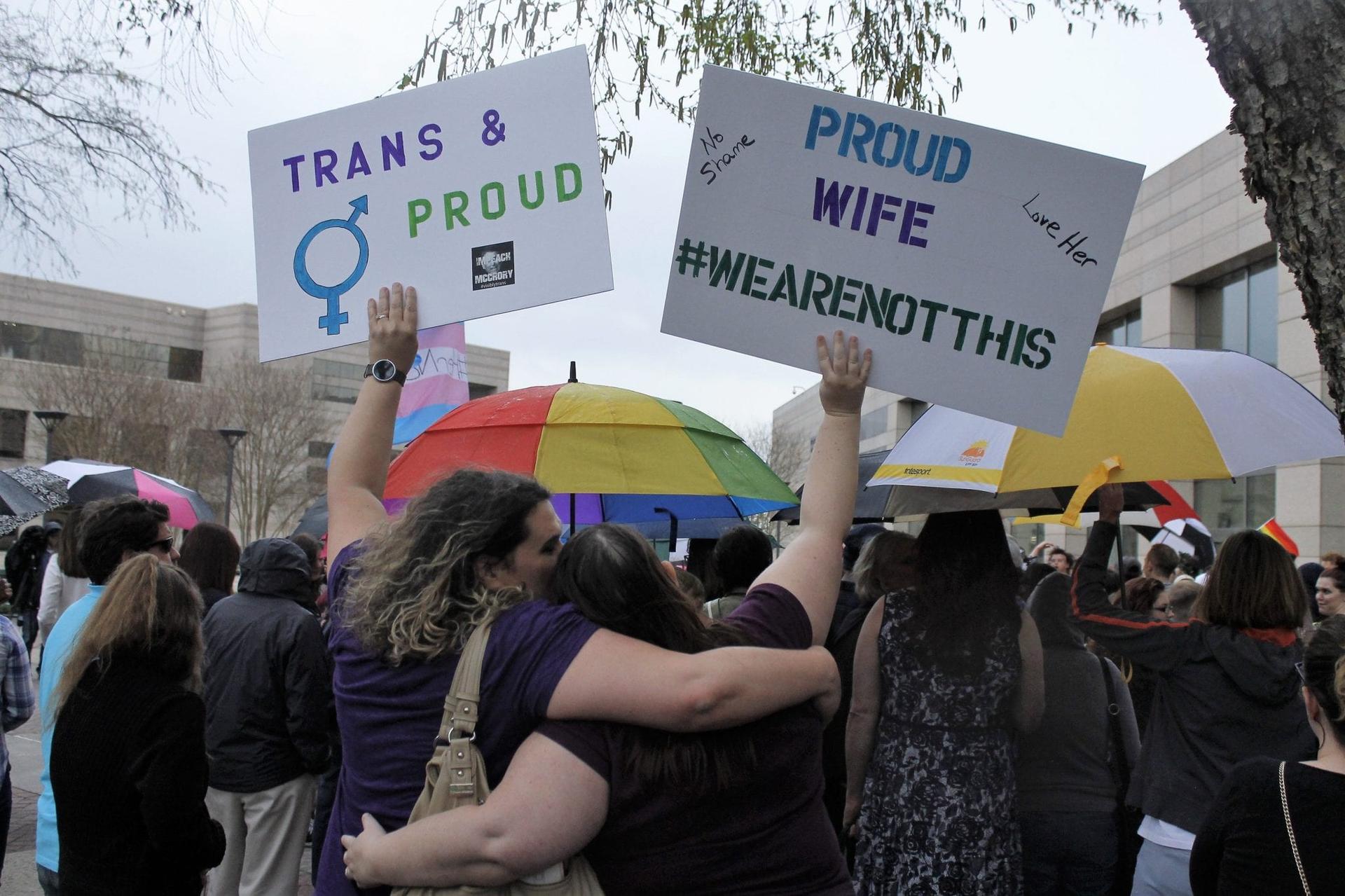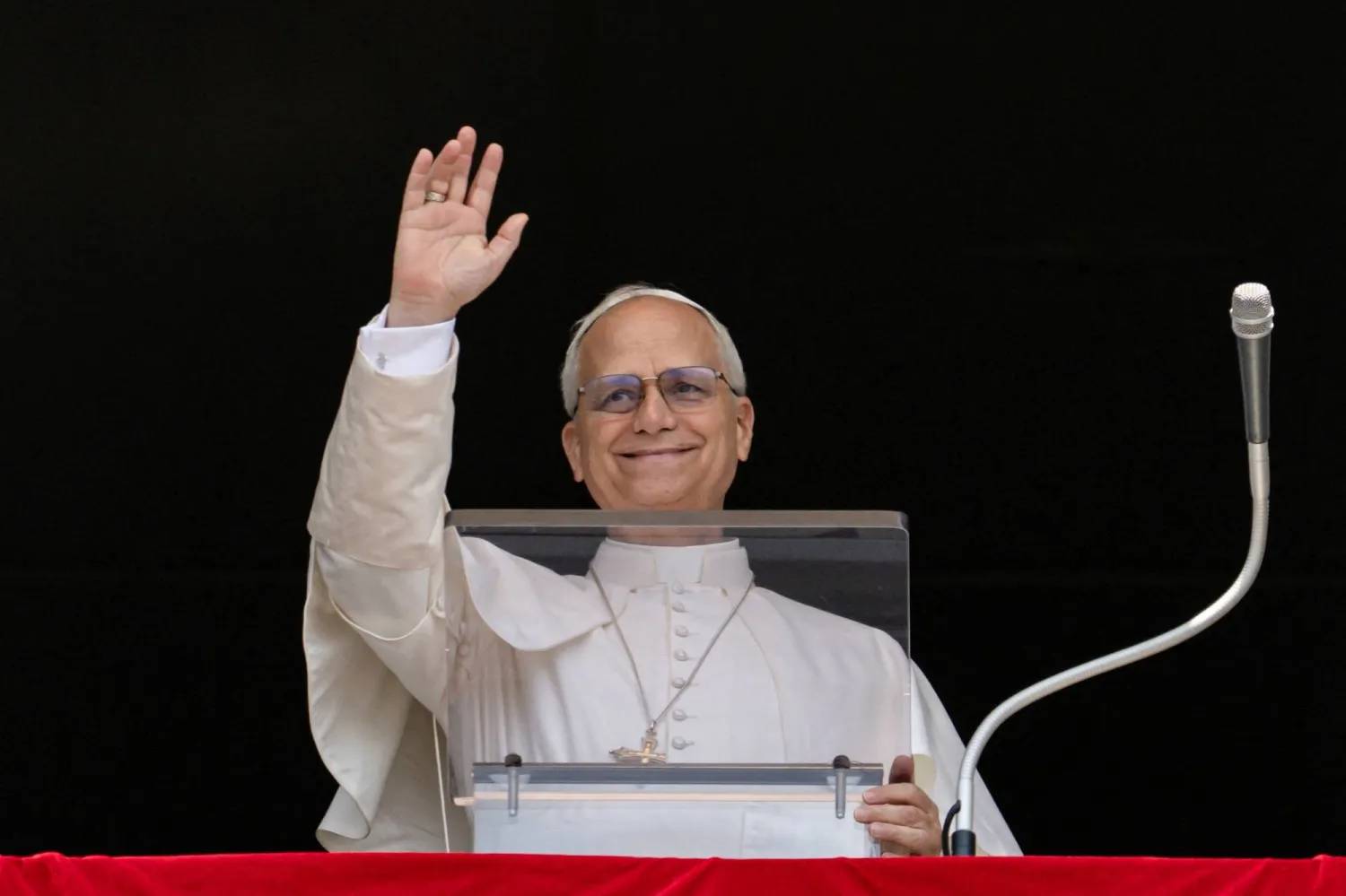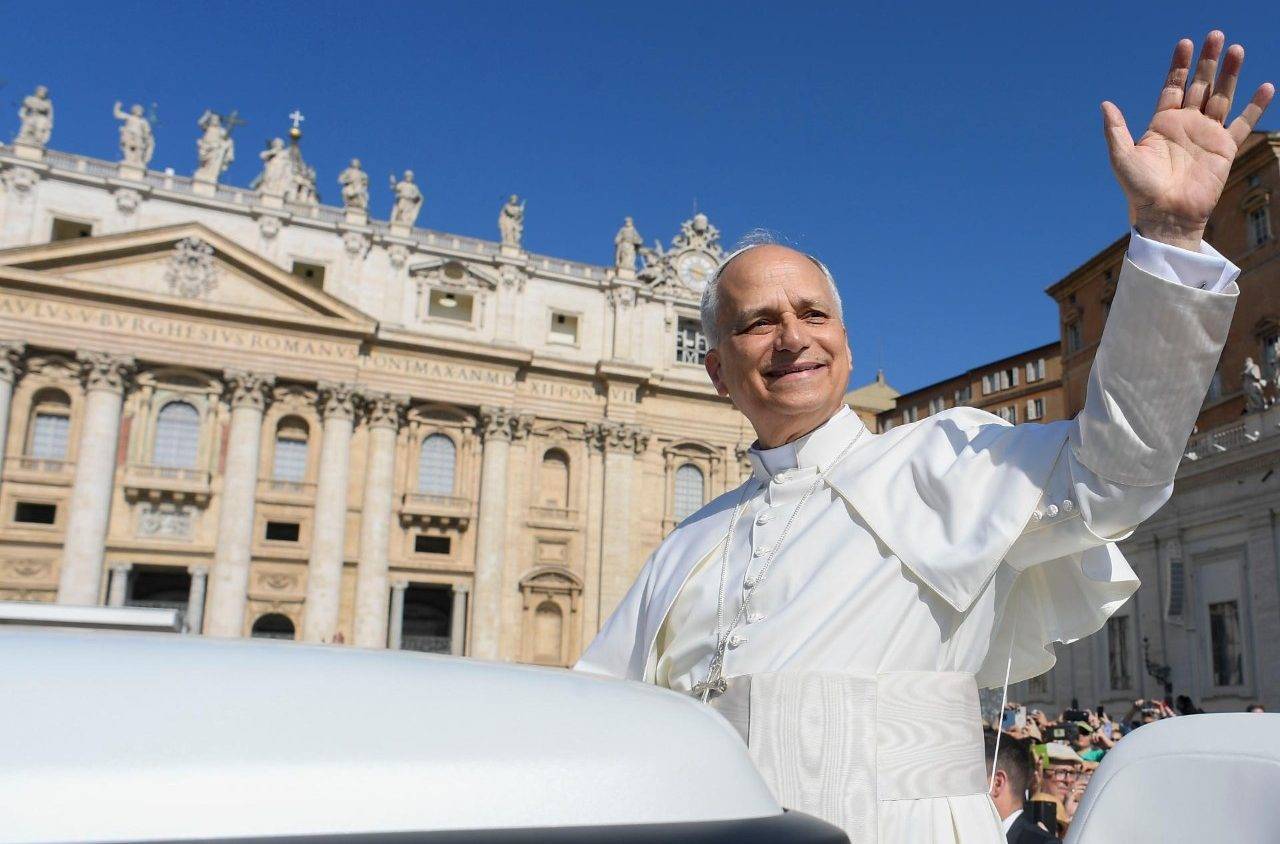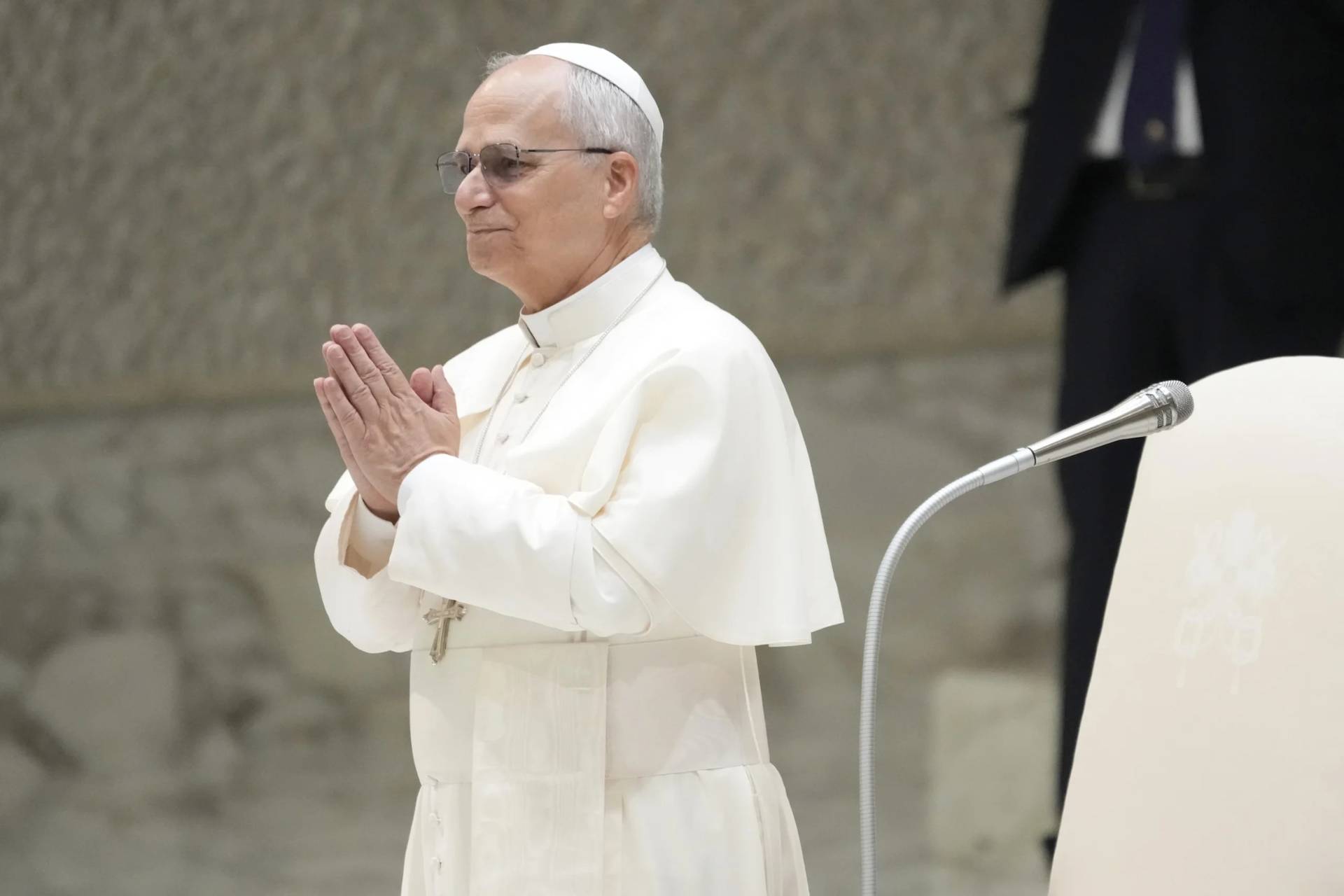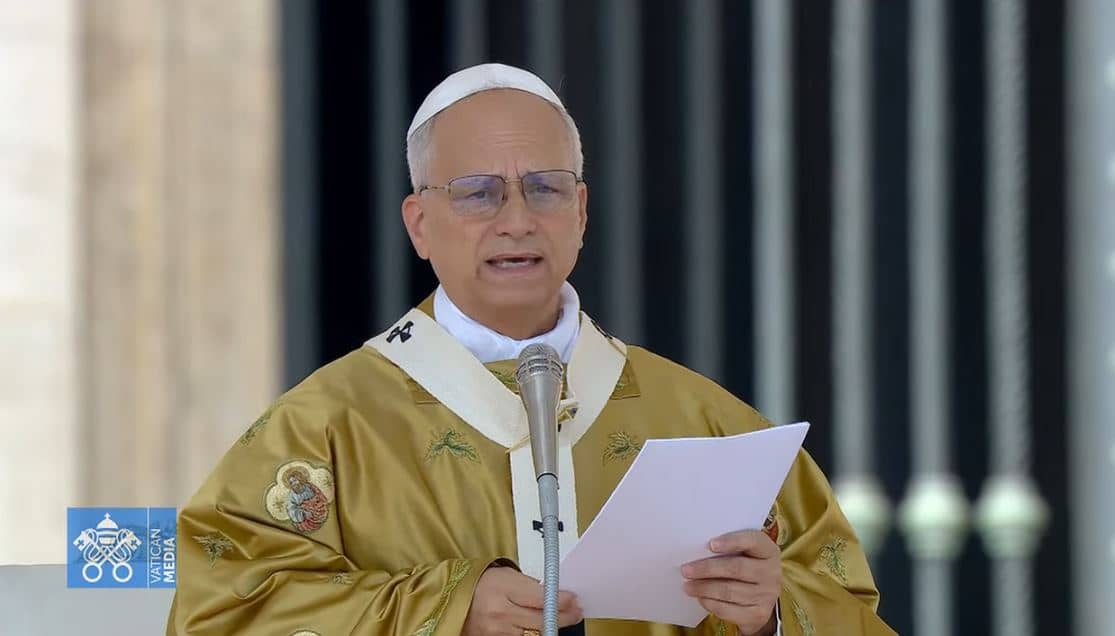There’s more at stake in today’s transgender battles than who may be permitted to enter a girls’ locker room. What’s really being debated is the nature of reality itself, and what impact it should have on social organization.
In his recent letter on marriage and the family, Amoris Laetitia (“The Joy of Love”), Pope Francis said that sex education should teach “respect and appreciation” for sexual differences, including self-acceptance and learning to embrace the body with which one is born, rather than playing with fictional identities that deny reality.
“The young need to be helped to accept their own body as it was created,” he wrote. Thinking that we enjoy “absolute power over our own bodies,” Francis warned, leads to the delusion that “we enjoy absolute power over creation.”
This could turn out to be the most unpopular stance the pope took in the entire letter.
In a disturbing video, Joseph Backholm, the director of Washington’s Family Policy Institute, recently interviewed a number of “millennial” college students regarding people’s ability to define themselves apart from the impositions of nature.
“So if I told you that I was a woman, what would your response be?” he asked.
The responses were what one would expect on a U.S. college campus: “I would say, good for you…”; “Nice to meet you…”; “I don’t have a problem with it.”
The interviewer proceeded to probe further, asking just how far people’s self-identity was under their own control.
“If I told you that I was Chinese, what would your response be?” he continued.
“I might be a little surprised, but I would say, ‘Good for you. Yeah, be who you are,’” one young woman responded.
Pressing still further, Backholm asked, “If I told you that I was 7 years old, what would your response be?”
One student said he wouldn’t believe that “immediately.” Another said: “If you feel seven at heart, then so be it.”
Some students, however, seemed to draw the line at height.
“If I said that I am six feet five inches, what would you say?” the interviewed asked.
“That I would question,” one female student responded. “Why?” he countered. “Because you’re not.”
Pressed whether she was saying that Backholm could be a Chinese woman, but not a 6’-5” Chinese woman, the student paused, then agreed.
Another summed up her opinion by saying: “I feel like it’s not my place, as like another human, to say someone is wrong or to draw lines or boundaries.”
All of this may sound like openness and tolerance, but there’s a more insidious side to it. Twenty-five years ago, Saint John Paul II argued that allowing the will dominance over reason and reality will end up leading society over a cliff.
In his 1991 encyclical letter Centesimus Annus, John Paul wrote that in the political organization of the state, the only alternative to reason is will. If things are not based on what is, they must be based on what we want them to be.
The “we” in question here is always the strongest, whether expressed as a majority or simply as the most powerful interest group.
Having lived through both National Socialism and Marxist Communism, John Paul contended that the real difference between totalitarianism and democracy is not so much the concentration of power into a single individual or party versus a system of checks and balances, but rather the more fundamental understanding of objective truth itself.
Totalitarianism, he said, is based on “voluntarism”, or the supremacy of will over reason, whereas a rule of law places will at the service of reason.
According to John Paul, “Totalitarianism arises out of a denial of truth in the objective sense. If there is no transcendent truth in obedience to which man achieves his full identity, then there is no sure principle for guaranteeing just relations between people.”
In a totalitarian state, the will of the ruler becomes the sole criterion of moral good and evil. In the case of a democracy, the will of the ruler becomes the will of the majority.
Thus, John Paul wrote that a state which “sets itself above all values cannot tolerate the affirmation of an objective criterion of good and evil beyond the will of those in power, since such a criterion, in given circumstances, could be used to judge their actions.”
It is in this light that John Paul’s oft-cited remark can be understood in its deepest sense: “A democracy without values easily turns into open or thinly disguised totalitarianism.”
This was not an exercise in rhetoric for dramatic effect.
Although democracy may seem to be the opposite of totalitarianism, since it distributes political power, if it fails to recognize objective truth and goodness beyond political expediency, it falls into the same error as totalitarianism. It denies the role of reason in the organization of society, and allows the will to reign.
As a society, we’ve now passed seamlessly from defining people by their sexual “orientation” to defining them by their subjective belief of who they are, regardless of what biology or genetics says, and all in less than a generation.
Where this will ultimately lead is anybody’s guess, but if the opinions of the millennial generation are to be believed, the trend has not yet nearly run its course.
And if St. John Paul is to be believed, it will not end in the flourishing of democracy, but in its demise.
Thomas D. Williams, PhD, is a Rome-based theologian and author of 15 books, including The World As It Could Be: Catholic Social Thought for a New Generation (Crossroad).
